The statement, “So you think you’ve seen it all? Now, see this!”… fits this article like a glove. Responsible Hotels is the latest trend in the hospitality sector. They are the new kids on the block who are making all the right moves for a right and just cause…
A growing number of hotels and resorts around the globe are funding programmes or starting charities that aid people in need. The endeavours range from supporting schools and job training programmes to medical clinics, regional healthcare campaigns and sustainable development projects. But no matter what the size of the hotels may be or where they may be located, all of them share the goal of improving the lives of families and communities in the neighbourhood of the hotels.
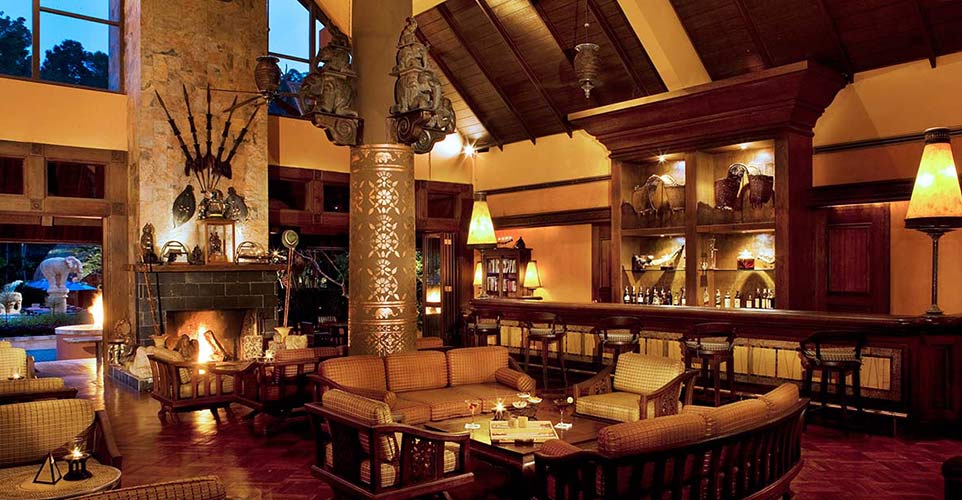
The Anantara Golden Triangle Resort
The Anantara Golden Triangle Resort is an elephant sanctuary located in northern Thailand. It began five years back as a tourist attraction spot, but over the years, the place has evolved from a tourist attraction hotel into a milestone hotel. With 160 acres of native forest and bamboo groves along the Mekong River, the posh riverside resort seemed like an ideal place to relax in. Anantara hired British wildlife expert John Roberts to create the camp and recruit the resident pachyderms. But Roberts quickly discovered that you couldn’t bring the elephants without their lifelong mahouts (trainers). And you couldn’t bring the mahouts without their families. And that you couldn’t bring the families without providing housing, schooling and medical care.
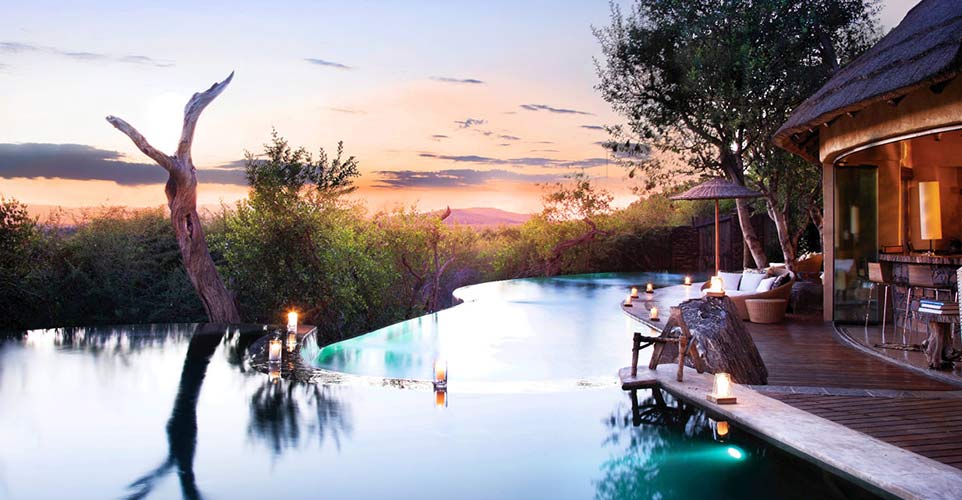
As a result, Anantara’s camp now supports 29 elephants of various ages and 60 people—from grandparents all the way down to newborns—all the families actively involved in an enterprise that not only rescues wayward elephants but also gives resort guests a chance to trek elephant-style through the countryside, learn all about how the animals are trained and even bathe with them in the Mekong River if they so wish.
The elephant camp is totally self-supporting from visitor fees and donations via the Golden Triangle Asian Elephant Foundation, which Anantara created in cooperation with the nearby Four Seasons Tented Camp.
Grootbos Private Game Reserve
The luxury Grootbos Private Game Reserve in South Africa blends environmental and social activism in a foundation dedicated to preserving native landscapes and training unemployed or unskilled local people in ways to make a living. Gra nV n nnmmmyy66duates of the programme have started their own nurseries and are helping government agencies manage and re-establish native plant communities.
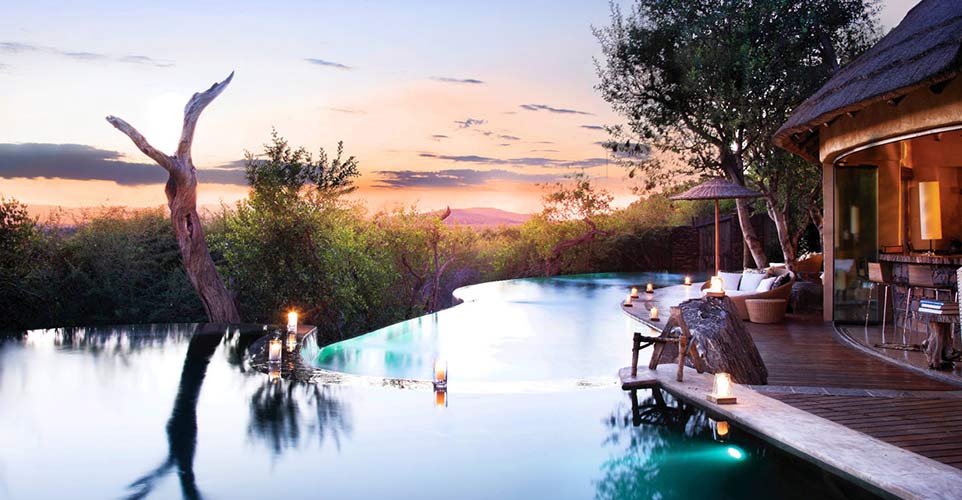
A good example of this cross-fertilization is the Green Futures College at Grootbos Private Game Reserve in South Africa, which teaches disadvantaged local people how to make a living from nature-based sustainable livelihoods like horticulture, eco-tourism and landscaping with native fynbos plants. The school was initially funded by the non-profit Grootbos Foundation and a matching 200,000 euro grant from the German government, but now supports itself through a landscaping business and indigenous plant nursery that employs many of the graduates.
Vil Uyana Resort
The Vil Uyana Resort in Sri Lanka specialises in job training. Located in the middle of a wetland habitat, formed from reclaimed agricultural land, the luxury eco-resort began an award-winning youth development programme in 2006. The academy prepares teenagers and young adults from three local hamlets for employment in the hospitality and related industries. In addition to English and Japanese language classes, the curriculum includes front-office skills, culinary training, customer care and nature and wildlife guiding.
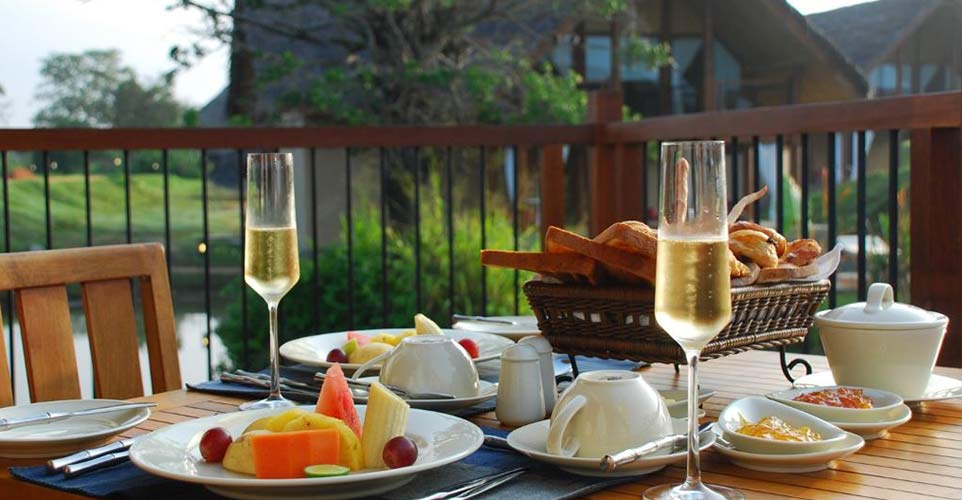
Sometimes, the endowment for these projects is straightforward, a combination of direct hotel support and donations. At other times, the fundraising becomes creative. Jamaica’s Breds Treasure Beach Foundation — started by Jake’s Resort owner Jason Henzell and Peace Corps volunteer Aaron Laufer in 1998 — raises money through a number of different means, including an annual fishing tournament, an off-road triathlon, and a buck-a-night contribution for every guest who sleeps at Jake’s.
Turtle Island Resort
Turning his back on the tumultuous modern world, Harvard-educated Richard Evanson bought an uninhabited Fijian island in the early 1970s and transformed it into the epitome of a rustic chic resort. Along the way, he also started the Yasawas Community Foundation to fund local healthcare, employment and education initiatives. Turtle Island also helps local villagers help themselves by providing seed money for backpacker and budget accommodation.
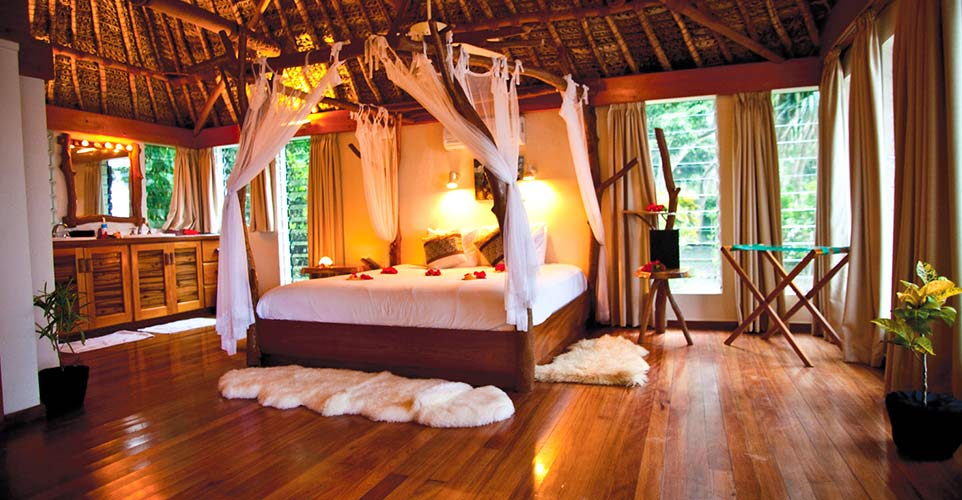
The Sumba Foundation, co-founded by the Graves, has renovated or rebuilt six local schools, erected seven medical clinics that serve more than 15,000 people, provided 200 villages with clean drinking water, and thousands of local kids with all the supplies they need for school. Nihiwatu strictly adheres to a policy of 95 per cent local staff and stimulates other economic opportunity by sourcing much of its food and building materials, locally.
“For many years, no one gave us the time of day,” says Graves. “In fact, every bank and hotel developer we approached for help — even our friends — thought we were insane for trying to make this work in Sumba instead of in mainstream Bali. We have put what seems like a lifetime into this project, and at times, we were really close to losing it all. For Petra and I to see our dream of creating a tourism venture, one that gives much more than it takes, to see this model of ours to finally be recognised as something special is very satisfying and encouraging,” he adds. “It just goes to show that timing is everything and persevering with a noble cause is well worth it, in the end.”
